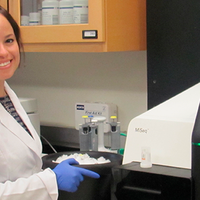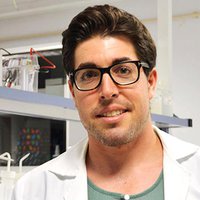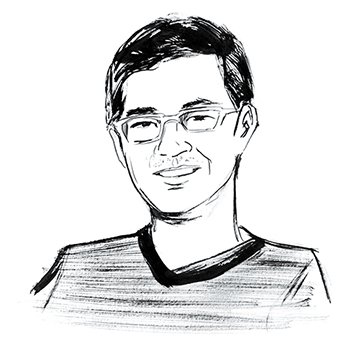Biotechnology & medicine
Bowen Zhao
What do your genes say about how smart you are?
Portrait by Brett Affrunti

Latin America
Martha Malapi
She has designed biotechnological tools to improve control of agricultural pathogens.

Latin America
Julieta Cabello
She has created transgenic plants resistant to frost, drought and salinity

Latin America
Andrés Klein
He has devised a new strategy to predict the progression of Gaucher's disease

Europe
Miguel González Andrades
Progress in the treatment of corneal blindness
